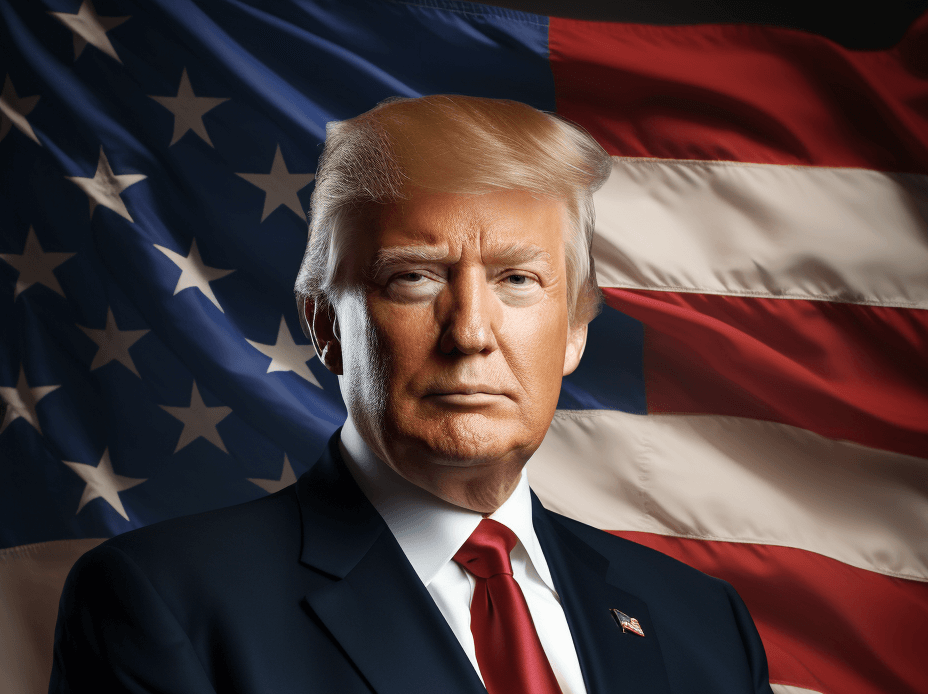In a pivotal legal development, special counsel Jack Smith has strongly urged a federal appeals court to dismiss former President Donald Trump’s claim of immunity from prosecution. This call comes amid allegations that Trump attempted to subvert the results of the 2020 election, a move Smith argues undermines the democratic and constitutional framework of the United States.
The core issue, set to be argued next month, revolves around the unprecedented legal question: can a former president face prosecution for actions undertaken while in office? This matter, now in the hands of the U.S. Court of Appeals for the District of Columbia Circuit, is likely to escalate to the Supreme Court. Previously, the Supreme Court declined a quick resolution proposed by prosecutors, leaving the question of Trump’s compulsion to stand trial unresolved.
The case’s progress is currently stalled due to Trump’s immunity claims in the appeals court. Prosecutors are eager for a quick dismissal of these claims to keep the trial, scheduled for March 4, on track. Conversely, Trump’s defense could benefit from a lengthy appeals process, potentially delaying the case until after the November elections.
Trump’s defense hinges on the argument that his actions as president are immune from prosecution. However, Smith’s team counters that no such immunity exists either in the Constitution or in precedent. They assert that Trump’s efforts to maintain power, including his alleged involvement in the January 6 Capitol riots and the scheme to appoint false electors, were not within the scope of his official presidential duties.
The indictment includes charges of conspiracy to disrupt the certification of electoral votes, involving actions that prosecutors deem far outside the remit of presidential duties. These actions, they argue, were self-serving, aimed at reelection, and endangered the democratic transfer of power.
Prosecutors emphasize the critical balance between the presidency’s constitutional role and the imperative of accountability in cases of misconduct. They contend that Trump’s sweeping immunity claim contradicts the intentions of the nation’s Founders and could allow future presidents to commit crimes to remain in office without consequence.
The case, now awaiting the attention of a three-judge panel including two Biden appointees and one appointed by former President George H.W. Bush, represents a significant test of presidential power and accountability. It follows the rejection of Trump’s immunity argument by U.S. District Judge Tanya Chutkan, and a denied expedited decision request from the Supreme Court.
Additionally, Trump faces other legal challenges, including charges in Florida for retaining classified documents, a state prosecution in Georgia regarding the subversion of their presidential election, and a New York case linked to falsifying business records related to a payment to a porn actress.
